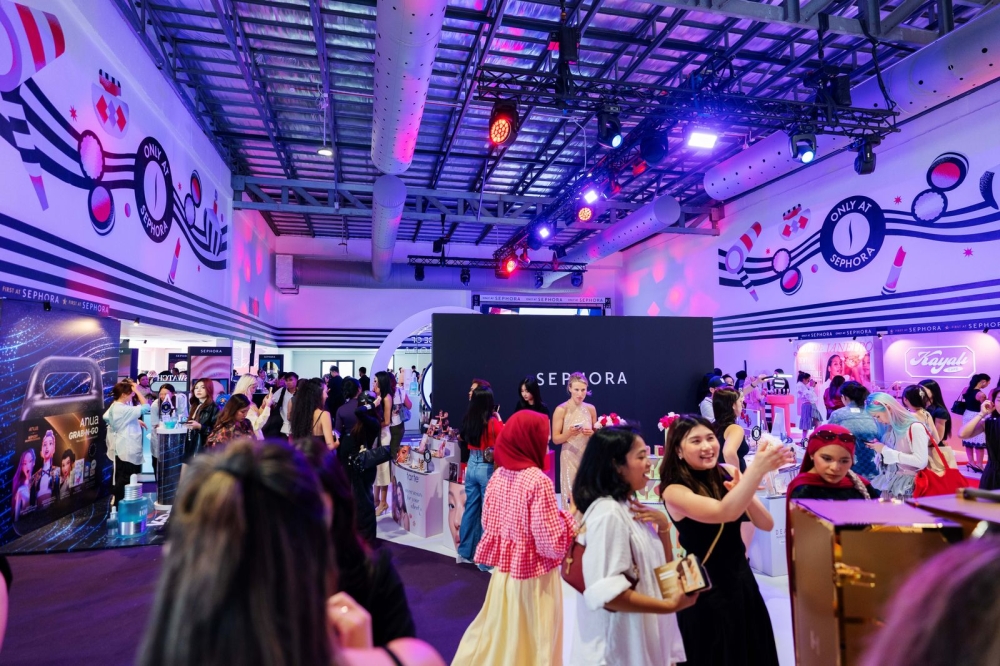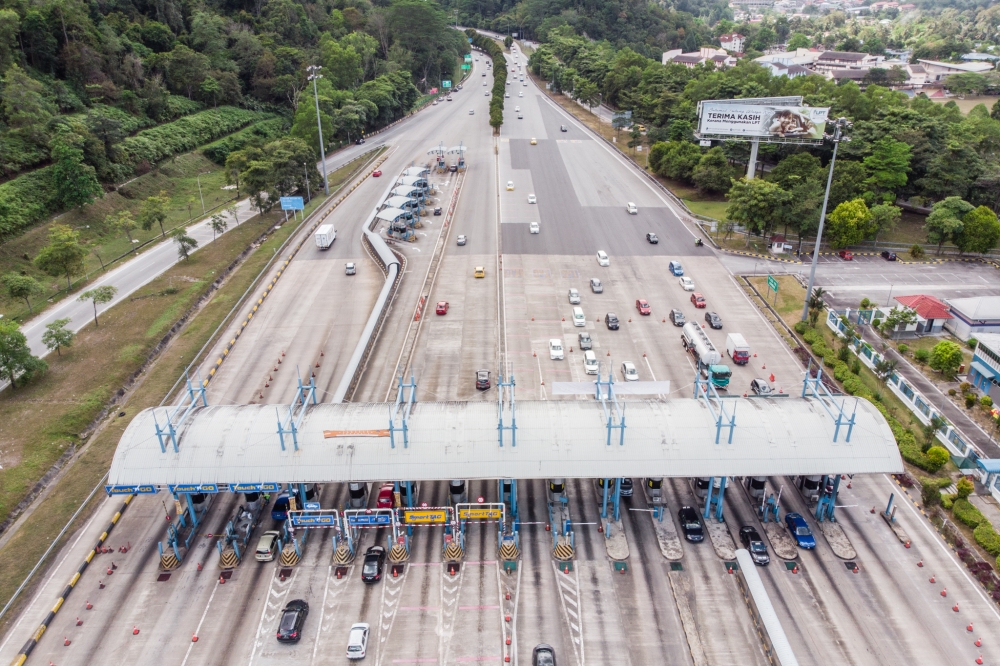PETALING JAYA, March 6 — As Malaysians, we are not only known for our love for food, but also for the amount of food we waste — totalling up to 15, 000 tonnes daily.
That is why 1Utama Shopping Centre has introduced a Waste Innovation for Sustainability and the Environment (WISE) programme to transform food waste from 180 food and beverage (F&B) outlets into organic fertilisers.
The shopping centre has collaborated with Microbs, an eco-friendly waste management provider that caters to the food and beverage industry, to install a two-tonne built-in capacity machine that collects up to 4,000 kilogrammes of food waste to be processed into fertilisers.
During the launch of the event that took place yesterday, 1Utama’s Director Tan Sri Teo Chiang Kok said they had to convince restaurant tenants about the initiative before proceeding with implementing the system.
He added that it was important for them to see the bigger picture, which is the benefits of converting waste into fertiliser as compared to throwing them into landfills where they emit harmful gases such as methane, which is a potent greenhouse gas.
“Composting, conversely, consumes a lot of time and needs maggots to help in the process - which is impossible to be held in the mall,” he added.
.jpg)
All restaurant tenants are provided with designated food bins for them to segregate solid food waste such as fish, meat, bones, and vegetables from the non-solid wet waste like sauces, curries and objects such as paper, and glass .
The separation of waste products is a requirement for them before heading to the recycling centre, located in the mall.
.jpg)
Inside the WISE recycling room, restaurant tenants have to weigh their bins to track their food waste so that tenants would keep record on their food waste for their own analysis before depositing the waste into the machines for recycling.
This process of recycling is fuelled by microbial enzymes and a few types of bacteria that are combined to increase efficiency of the process.
.jpg)
After food waste becomes fertilisers through a series of processes, they are then packaged for landscaping purposes to reduce the need for commercial fertiliser, and the team is also looking into selling it to customers.
The team can also pride themselves for their hard work — as the fertiliser has successfully achieved the Standards of Organic Fertiliser, certified organic which is suitable to improve soil health and fertility.
Aside making useful end-product, 1 Utama general manager Samantha Lee said tenants would be able to achieve a better business model by knowing how much waste they produce on a daily basis or monthly basis.
John Hans Oei, co-founder of Microbs, said the importance of the waste management system was also to educate the public, and younger children about the importance of food conservation as well.
“When children are educated about how fertilisers are produced — they are able to replicate similar methods in their respective homes as they are more aware of conserving the ecosystem,” he said.
This is not the first time the shopping mall has taken a big step towards being an environmental-friendly mall.
It also has other “Green Attractions” such as Secret Garden that displays 600species of plants, an award-winning tropical enclave with hundreds of species of forest trees and plants.
Other initiatives include having Water Refill Stations where customers can refill free drinking water instead of buying bottled water, having an Eco-Fabric Bank where customers can donate their clothes to underprivileged communities.
















.jpg)





